Classroom of the Elite: The Rise of Psychological Anime and the Evolution of Its Genres
- officialgeekverse

- Oct 5, 2024
- 7 min read
Updated: Dec 16, 2025
It is impressive how thanks to excellent classic anime, the industry has evolved incredibly, so much so that there are a lot of genres nowadays where you can create interesting stories and not only of powers or fights but can also be love, drama, Slice of Life, school, horror, comedy, supernatural, etc. One of these anime that captivated people's attention because of the unique way it creates a very interesting and different protagonist is Classroom of The Elite. This anime, produced by Lerche Studio and based on the series of light novels created by Shōgo Kinugasa, and adapted to manga by Yuyu Ichino, belongs to the psychological, drama, suspense, school and thriller genres.
Synopsis:
Classroom of the Elite follows the story of Kiyotaka Ayanokōji, an extremely intelligent student with outstanding abilities, yet he chooses to keep a low profile to avoid drawing attention. As part of his strategy to remain unnoticed, Ayanokōji deliberately scores 50 on all entrance exams, securing himself a place in Class D, the lowest-ranked class in the school hierarchy. As the story progresses, more is revealed about his dark past: Ayanokōji was part of an experiment known as the "White Room," a program created by his father to produce artificial geniuses. Since birth, Ayanokōji was subjected to rigorous tests and trained in various disciplines, including strategy, combat, and psychological manipulation, without knowing a life outside of that environment.
However, Ayanokōji is not merely a product of the White Room; he was born with exceptional intellect, making him a natural genius. This series explores what happens when someone with innate genius is also subjected to extreme experimentation. The result is impressive, as Ayanokōji intellectually surpasses his peers at the Tokyo Metropolitan Advanced Nurturing School, an elite institution known for challenging its students and shaping the brightest minds. Graduating from this school guarantees a bright future, with recognition from prestigious universities and companies.
What’s intriguing is that, due to his lack of social and emotional experience, Ayanokōji sees his peers and friends as mere pawns that he can manipulate at will. This work centers on manipulation, showing how Ayanokōji uses his skills to control and win from the shadows. The series has a unique ability to surprise the audience, leading them to think the story is heading in one direction only to take an unexpected turn.
The anime explores how Ayanokōji plays with the minds of secondary characters and the audience while gradually revealing his inability to feel deep emotions toward others. This raises the question of whether Ayanokōji will eventually develop genuine feelings. Although his initial goal in escaping his father and enrolling in the school was to experience a normal life and understand society, his ultimate plan is to return to work for his father’s company once he graduates.

Protagonist:
This anime is peculiar for several reasons, the most notable being its protagonist, Kiyotaka Ayanokōji. The discreet strategies he employs are surprising and manage to impress not only the characters in the story but also the audience. The plot is carefully written to showcase Ayanokōji’s complex tactics, which is a notable challenge for any writer, as it requires astute and calculated thinking.
An interesting aspect of the character is that, unlike the usual, it is not Ayanokōji who experiences notable development. Instead, Ayanokōji stands out for influencing the growth of the characters around him, manipulating them for his own benefit. So far, the protagonist has not shown significant changes in his personality or emotions, but his actions provoke transformations in others, making him a unique type of protagonist in the narrative. This is why Ayanokōji is known as “the protagonist who develops other characters,” in contrast to the usual series where the protagonist undergoes growth.
Personajes
Although the anime highlights the protagonist’s skills and intelligence, it doesn’t overlook other characters who also surprise with their way of thinking. Some of these characters are Suzune Horikita, Kakeru Ryūen, Honami Ichinose, Arisu Sakayanagi, Manabu Horikita, Miyabi Nagumo, and Rokusuke Koenji.
On the other hand, there are characters with good qualities but not as outstanding as the previous ones, such as Yosuke Hirata, Kouhei Katsuragi, Kikyo Kushida, Chiaki Matsushita, Teruhiko Yukimura, Masayoshi Hashimoto, etc.
Finally, there are other frequent characters who form bonds with the protagonist or with other class leaders, like Kei Karuizawa, Airi Sakura, Ken Sudou, Maya Satō, Mio Ibuki, Albert Yamada, Ryūji Kanzaki, Yahiko Totsuka, Masumi Kamuro, Hayato Kitō, etc.
Institution System
One of the most interesting aspects of Classroom of the Elite is the unique and highly competitive educational system implemented at the Tokyo Metropolitan Advanced Nurturing School. This system is based on points and performance, creating an environment of constant competition among students. Here’s how it works:
Class Points: Each class receives class points, which determine their status within the school. Classes are divided into A, B, C, and D, with Class A being the most prestigious. These points are calculated based on the collective performance of the class, including students' behavior, exam results, and participation in extracurricular activities.
Class points can increase or decrease depending on the actions of class members. If a student commits an infraction, the points of the entire class may be affected, reinforcing shared responsibility.

Private Points: Private points are a kind of internal currency that students receive monthly and can use to purchase goods and services on campus. The amount of private points each student receives is directly related to their class points. For example, if a class has 800 class points, each student will receive 80,000 private points.
These points can be used to buy items such as food, technology, and even to influence the behavior of other students or teachers, adding a layer of strategy and manipulation to everyday life at the school.

Evaluation and Promotion System: Both academic performance and behavior on exams affect not only private and class points but also the possibility of moving up the school’s hierarchy. If a lower-ranked class, such as Class D, accumulates more points than a higher-ranked class, they can switch places and move up in rank.
The ultimate goal is to reach Class A, as only students in this class are guaranteed support for a successful career after graduation, including recognition from prestigious universities and companies.

Special Exams: Throughout the school year, the institution organizes special exams that are academic, physical, or even psychological, designed to test both individual abilities and class cooperation.
These exams can have a significant impact on class points and determine the class's future in the school’s hierarchy, making competition even more intense and decisive.
Competitiveness and Manipulation: The point system fosters constant competition, not only between classes but also among the students within each group. This creates an environment where manipulation, alliances, and conflicts are inevitable—elements that play a fundamental role in the series’ narrative. Students must not only excel academically but also learn to strategically manage their social relationships.

Thus, it’s not just the story, the protagonist, or the characters that make this series stand out but also the unique environment of the institution. Students are thrown into unimaginable situations, as this is not a typical school focused solely on academics; it also presents elaborate challenges that test their limits.
The system of this special school fosters competition between classes to reach Class A, where a bright future is guaranteed. Although graduating from the school is already prestigious, doing so from Class A makes the students the most acclaimed. However, not everyone seeks the same thing: some students pursue prestige, while others have personal motivations or special interests that drive them to compete in this relentless environment.
Hidden Potentials:
Additionally, the series handles the mystery element well with certain characters who have yet to show their full potential. A clear example is Rokusuke Koenji, who has repeatedly refused to use all his abilities for the benefit of his class, for reasons that have yet to be fully revealed. Miyabi Nagumo plays a crucial role as the student council president and could become a formidable adversary, with skills that will unfold in the future. Masayoshi Hashimoto also has significant potential due to his ability to manipulate information and interactions between students, which could allow him to play a more prominent role as the story progresses. Chiaki Matsushita, though more subtle, might reveal her cunning and strategic skills in future challenges. It remains to be seen how these characters will fully develop in the upcoming seasons.
Conclusion:
Classroom of the Elite stands out for its psychological complexity, the depth of its characters, and its unique educational system. Far from typical action or power-based anime like Demon Slayer or Jujutsu Kaisen, this series shows that narrative can also thrive in genres like drama, suspense, and psychological thriller. In a context where contemporary anime is opening new doors and exploring diverse themes, Classroom of the Elite positions itself as an excellent example of this evolution, offering a story that captivates without relying on epic battles or supernatural abilities.

This anime, with its intricate plot and focus on strategic manipulation, raises intriguing questions about power, morality, and personal growth. The Tokyo Metropolitan Advanced Nurturing School is the perfect setting to test the students’ limits, who must not only compete for prestige but also learn to survive in an environment where emotional and social intelligence is just as important as academic performance.
Classroom of the Elite is an excellent example of how contemporary anime offers something for everyone. Its focus on mind games and character development demonstrates that anime can tackle a wide variety of topics without losing its ability to surprise and excite. For fans of intelligent plots and complex protagonists, this series is undoubtedly a must-watch.
With all that said, I close this post by presenting the promotional image for the fourth season of Classroom of the Elite, which will be based on Kiyotaka Ayanokōji’s second year. In it, we can see the protagonist alongside the new first-year students, giving a glimpse of what awaits us in the upcoming chapters of this intriguing story.




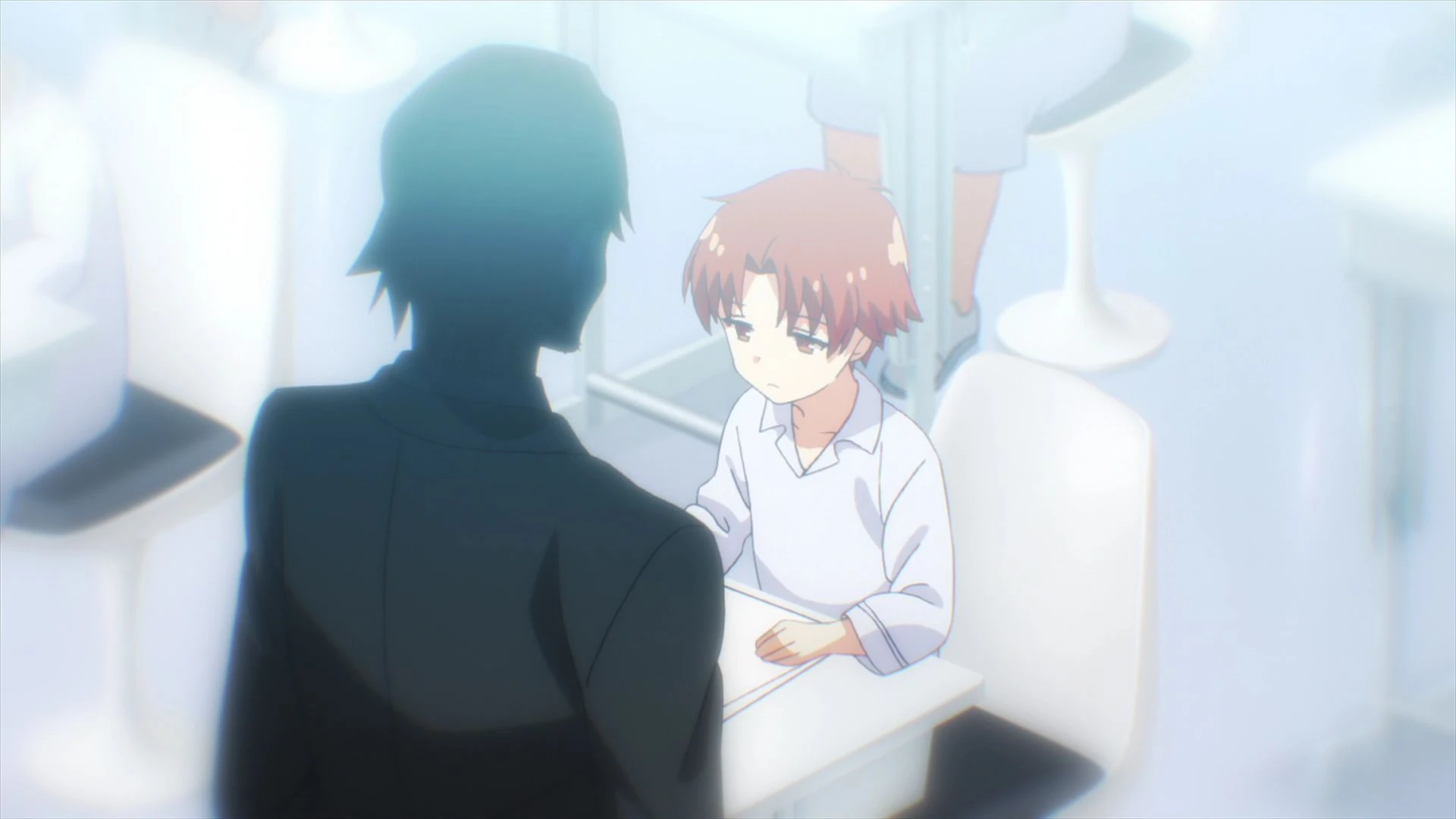
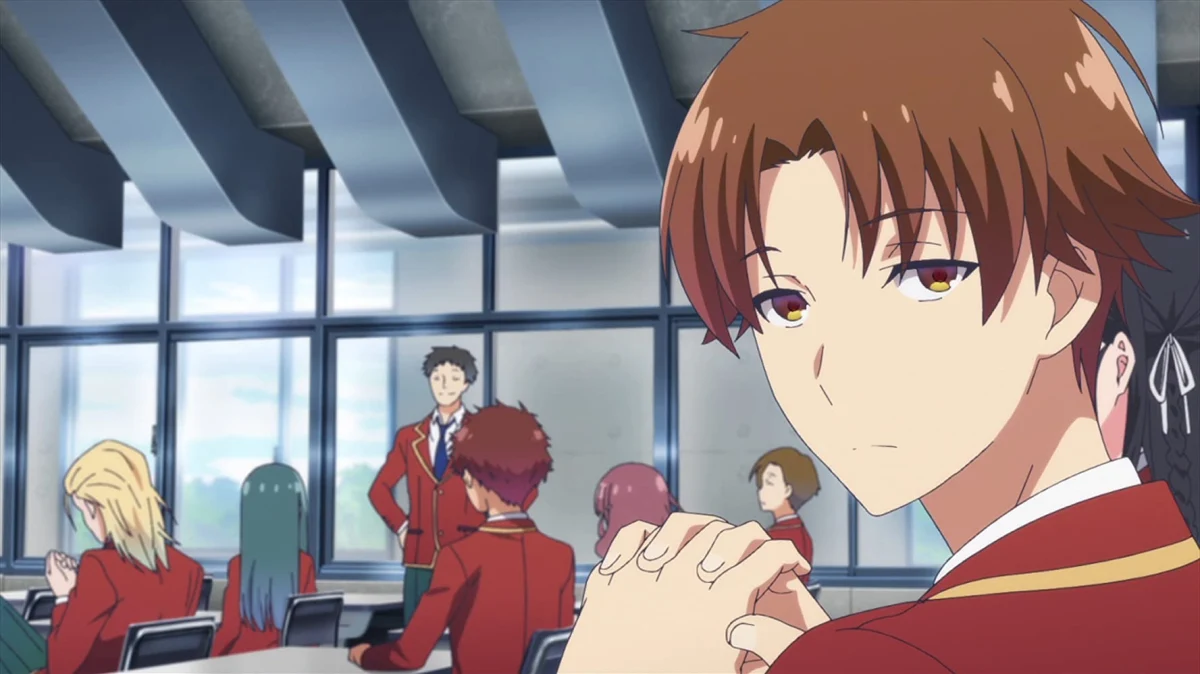









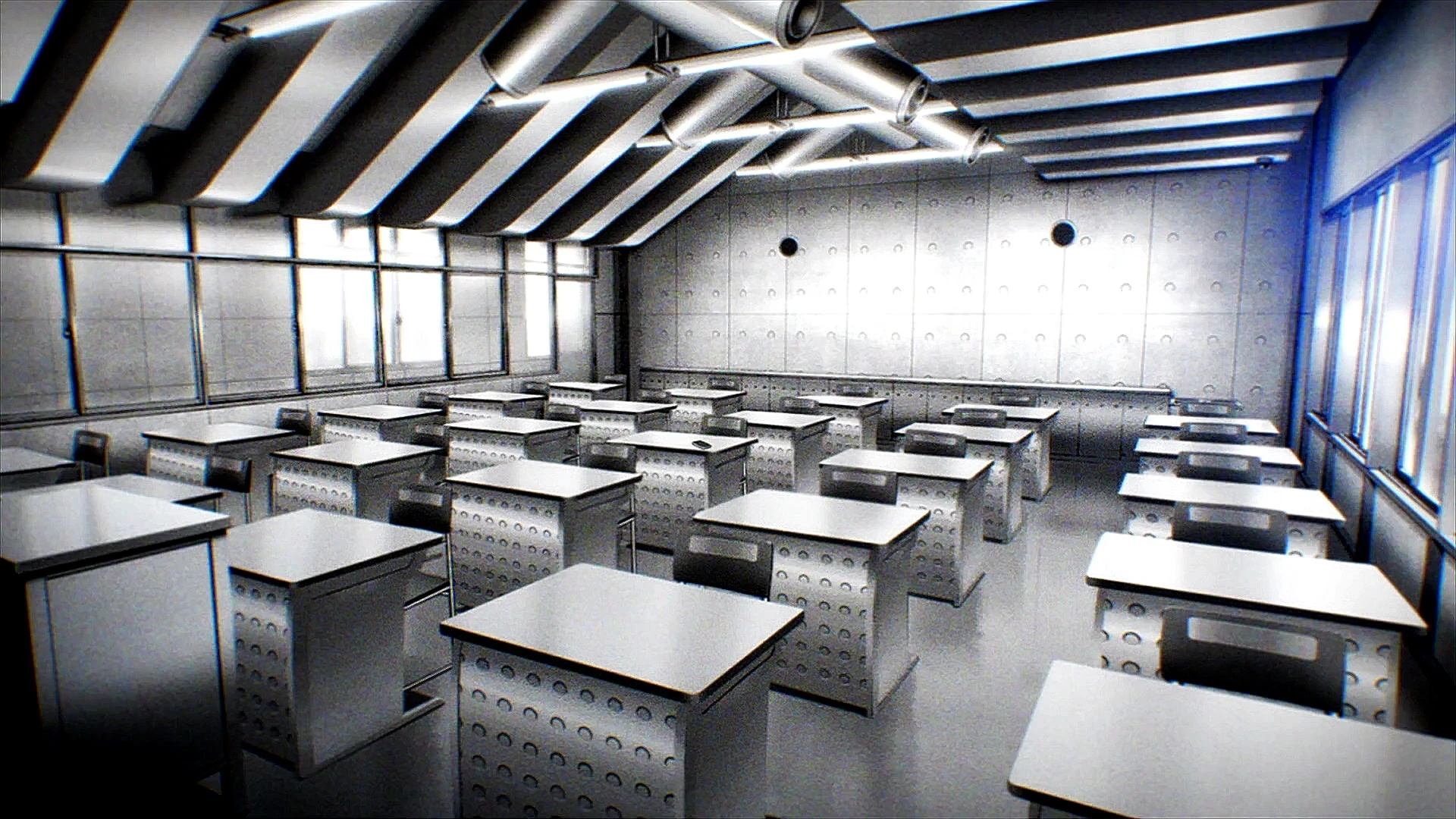




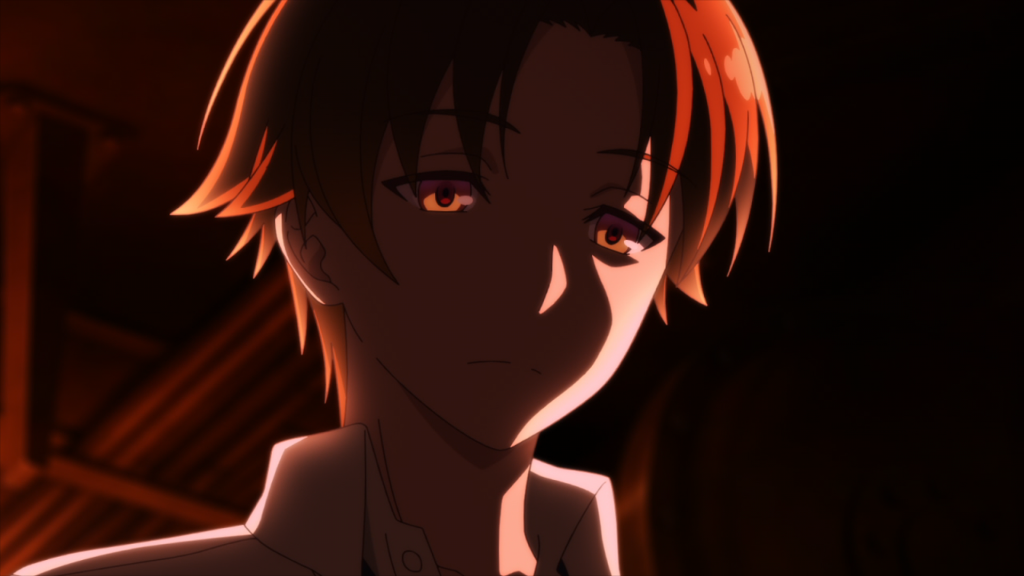




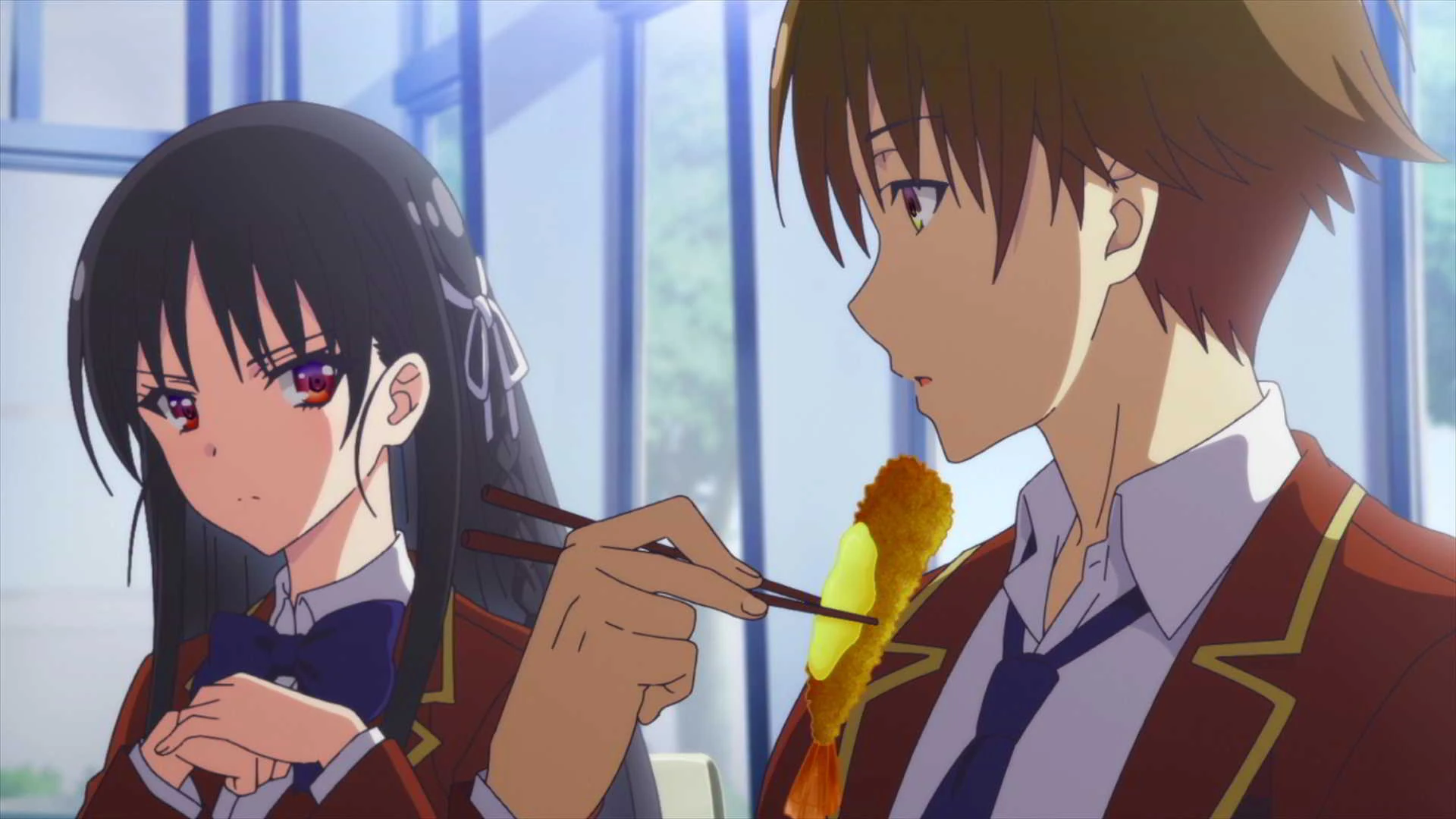


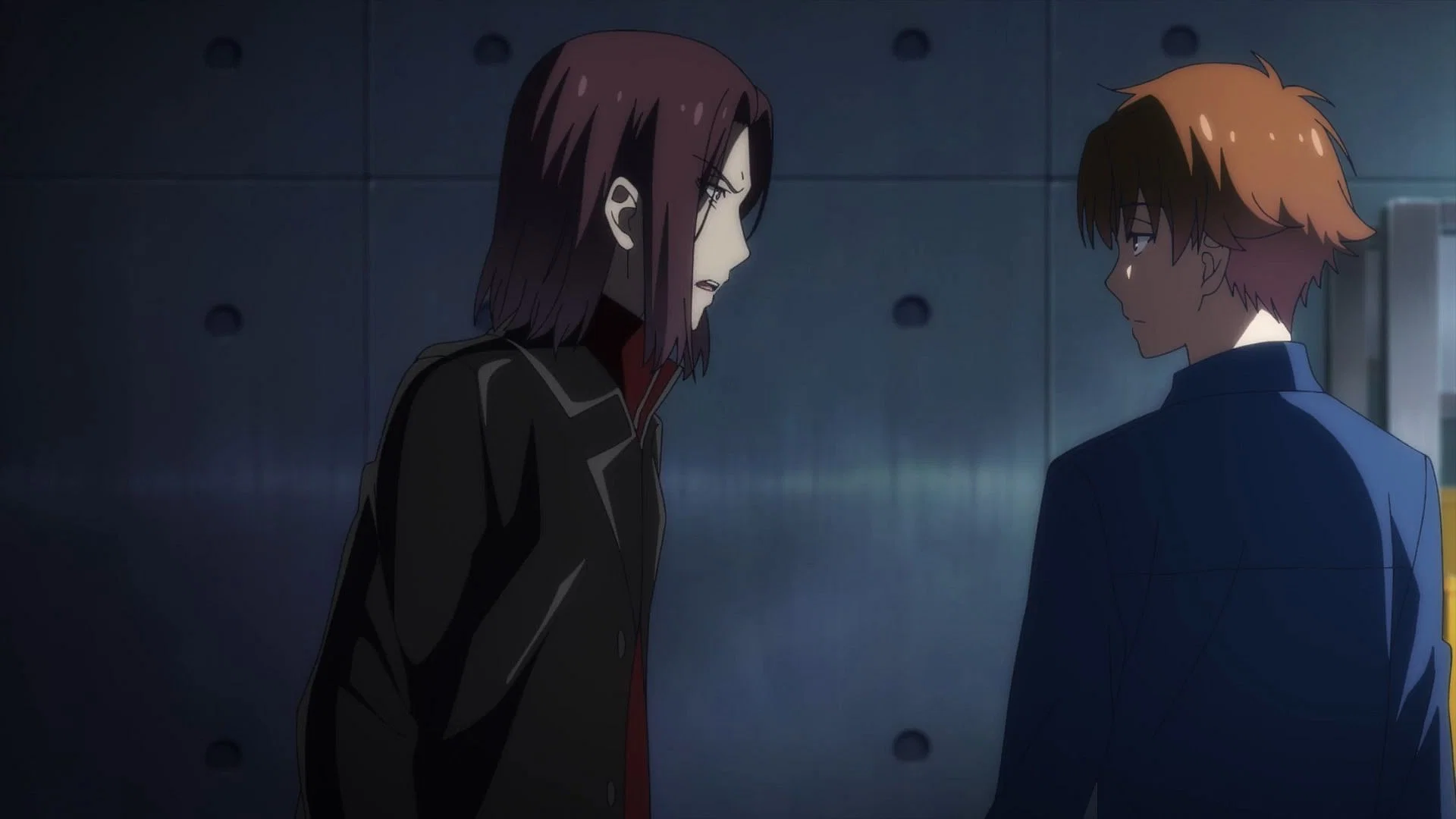

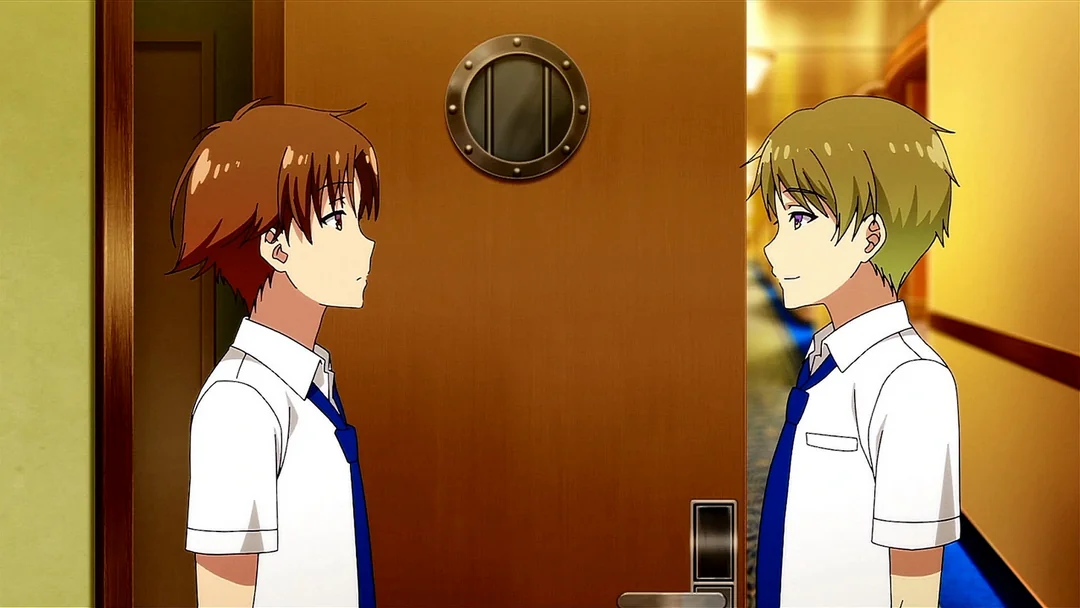
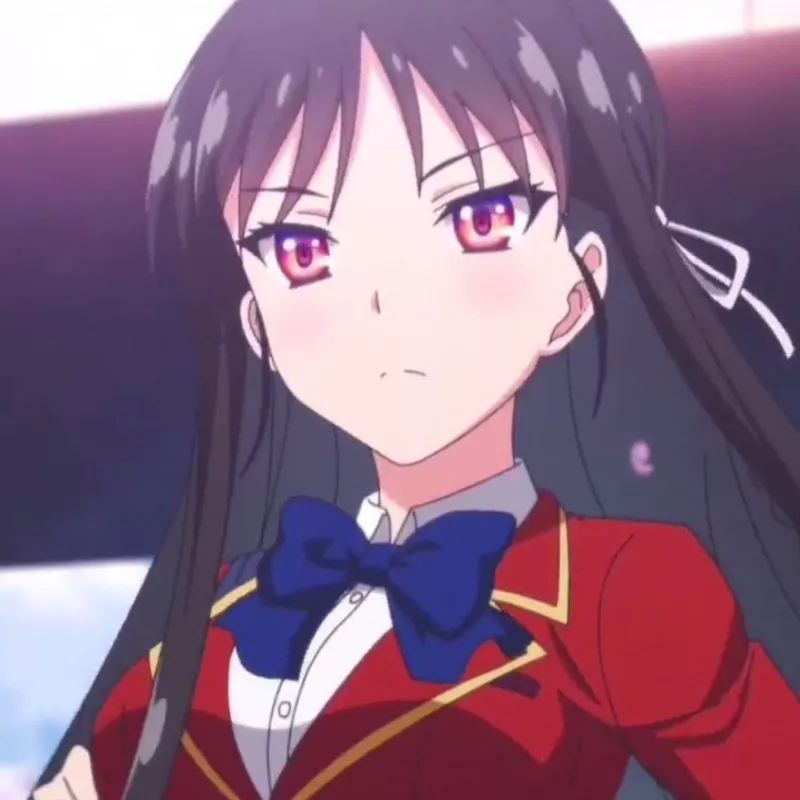
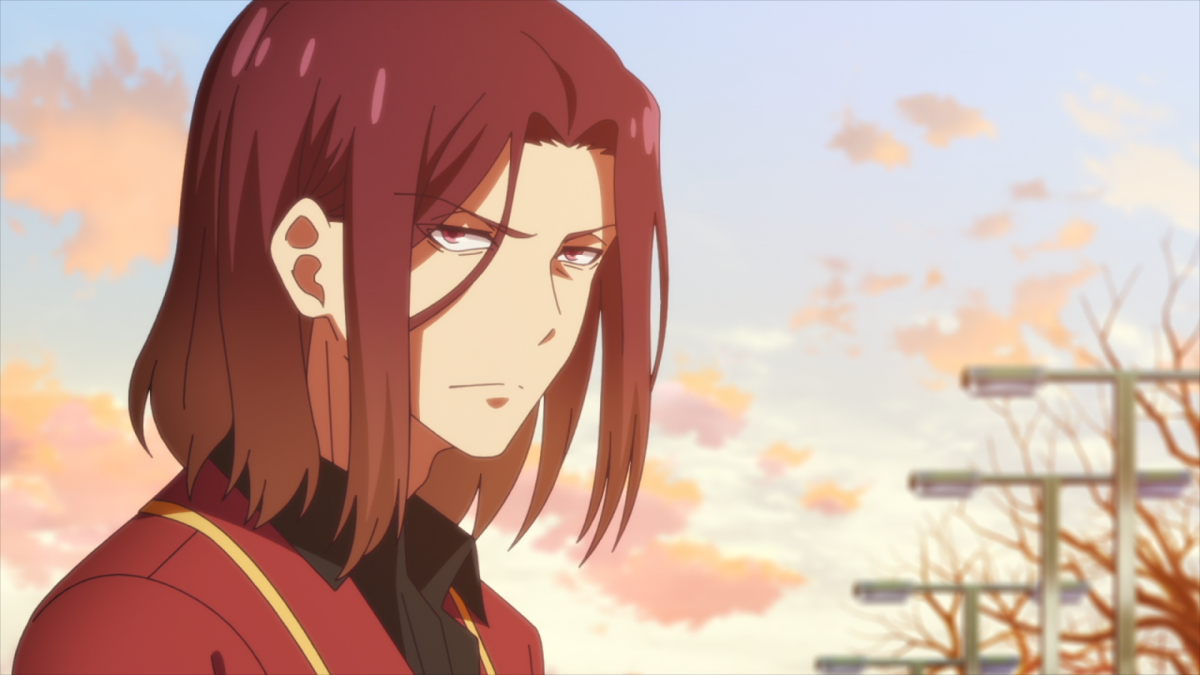
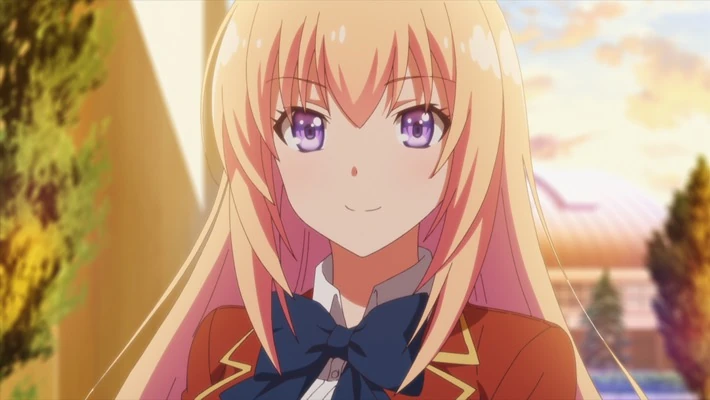




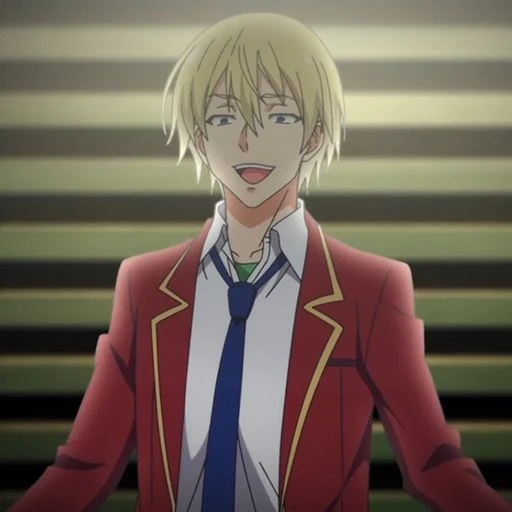


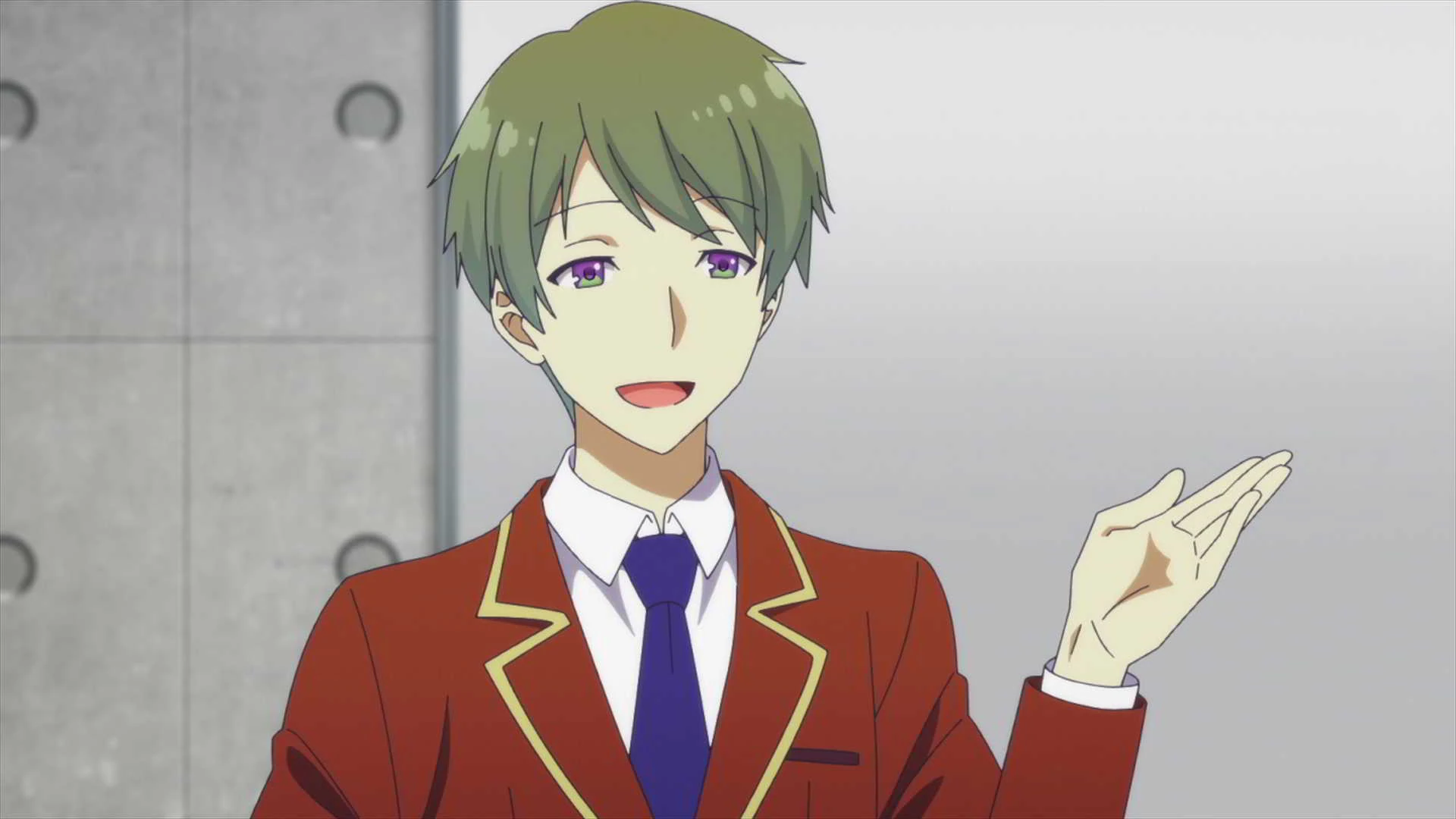


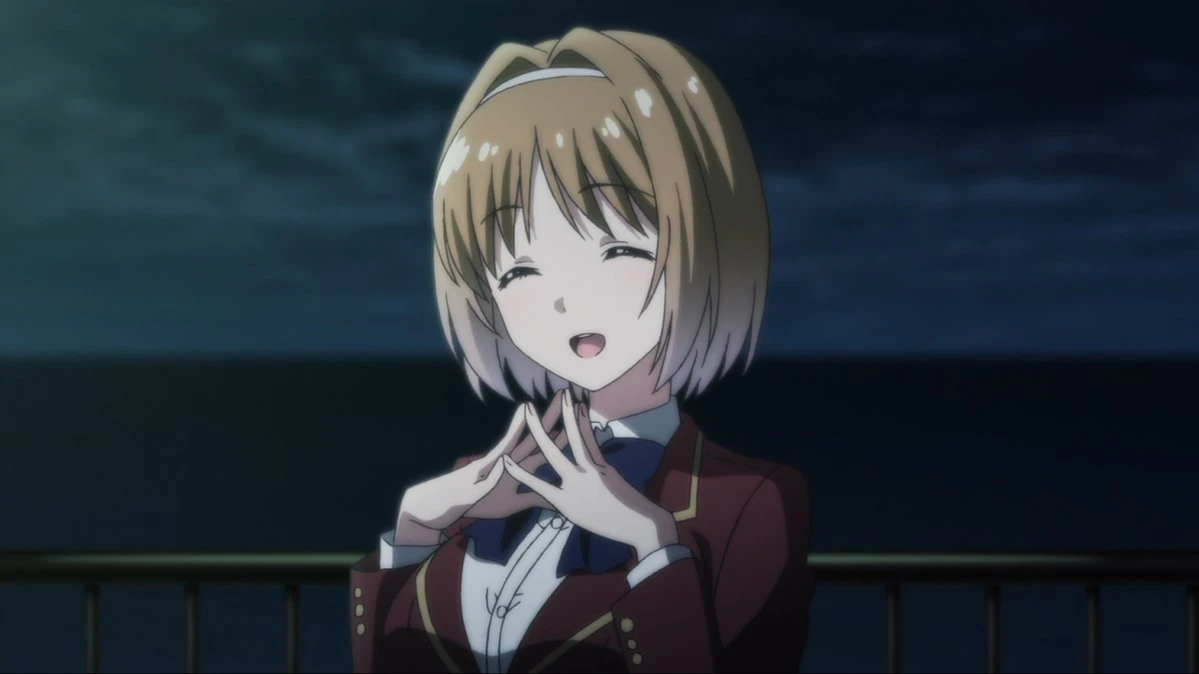


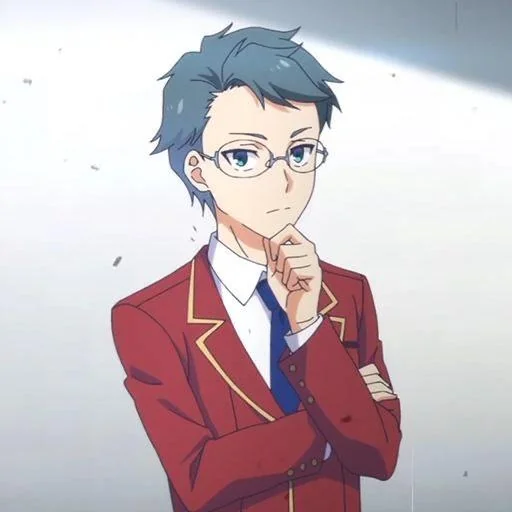













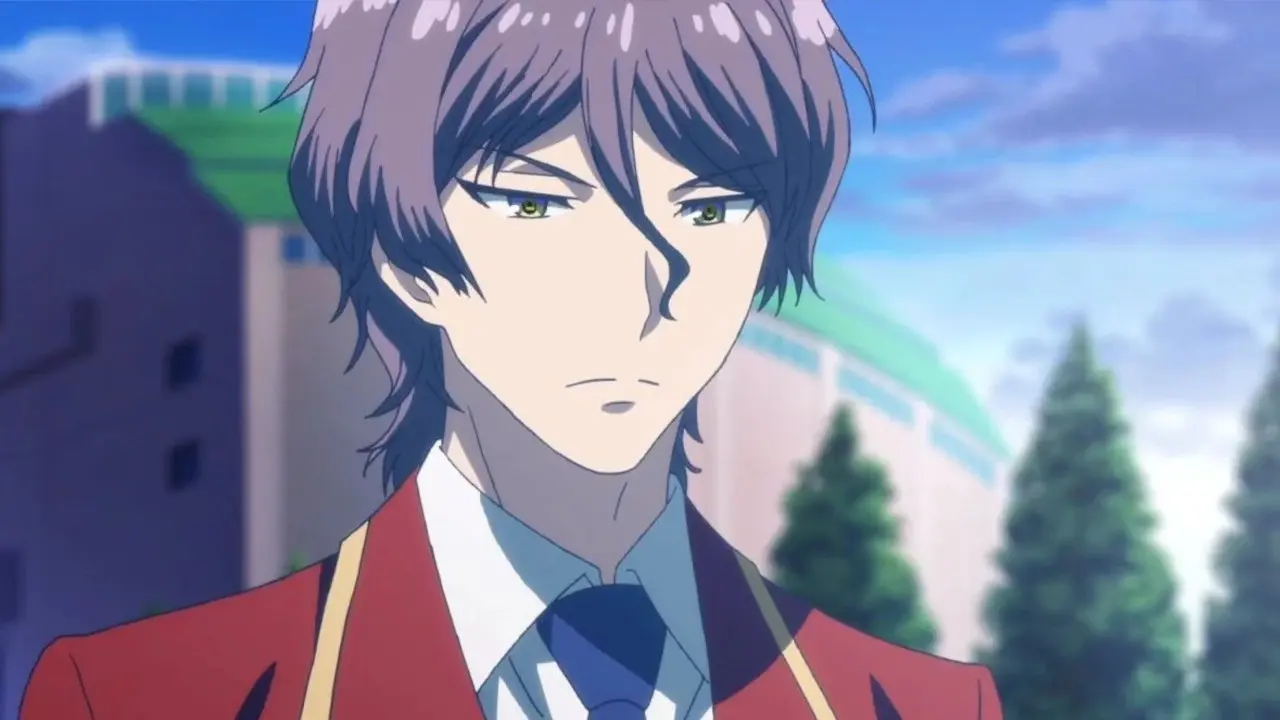
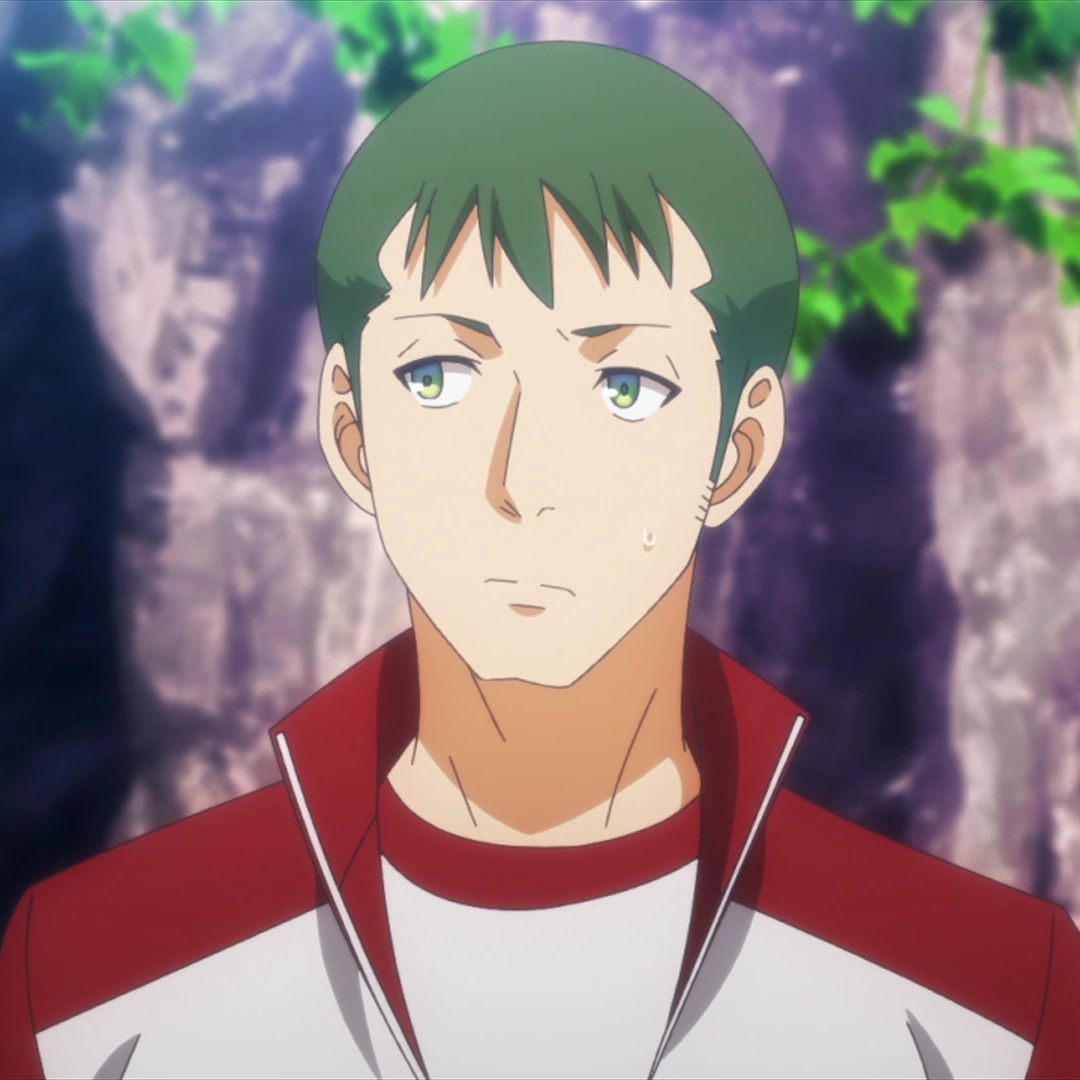




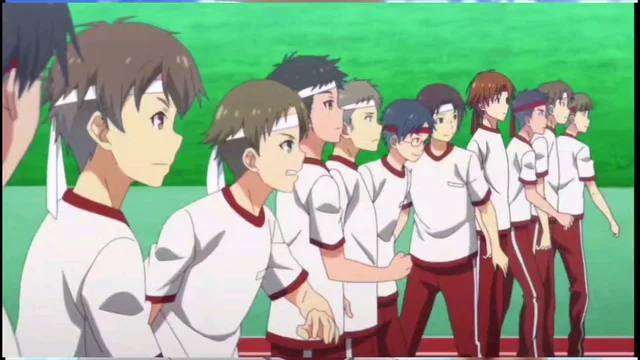




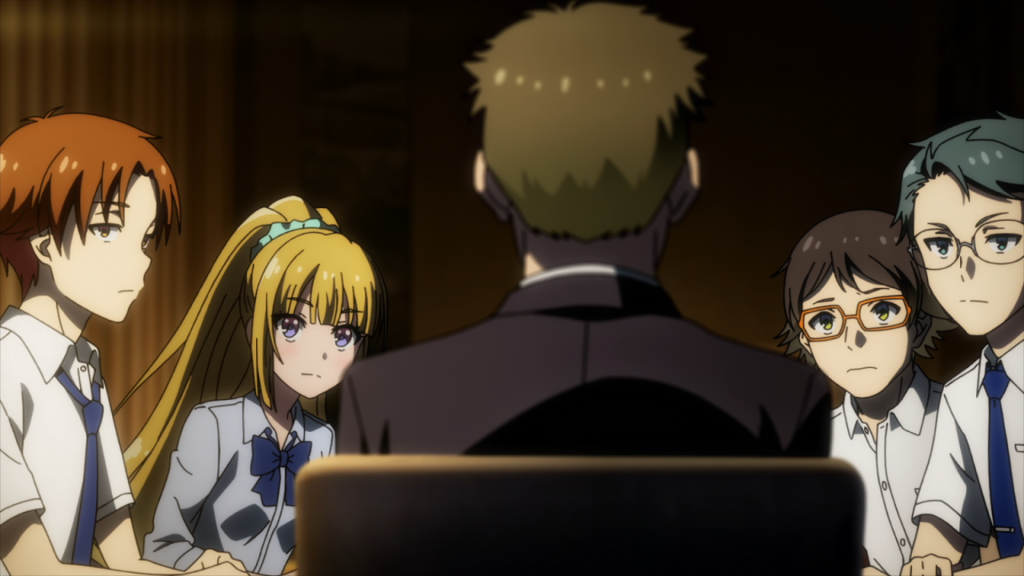
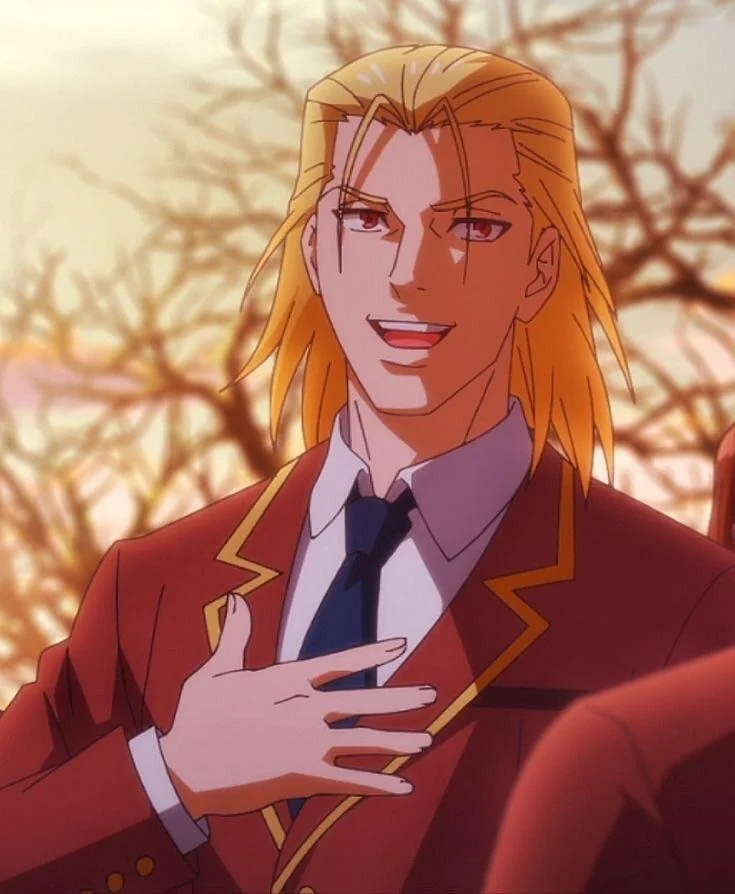









asd